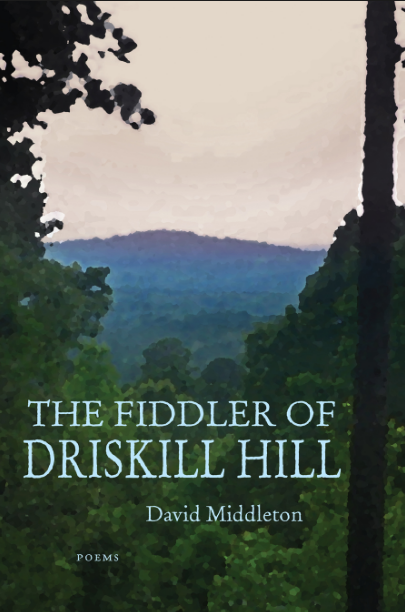By JEFF McRAE
We scraped the Mississippi
mud off our old piano and father
blew his solos out the open window
and over the meadow
and mother made me strut
with her double-stops, drum sticks
By JEFF McRAE
We scraped the Mississippi
mud off our old piano and father
blew his solos out the open window
and over the meadow
and mother made me strut
with her double-stops, drum sticks
JENNIFER ACKER interviews JESMYN WARD

On February 29, 2020, Jesmyn Ward visited Amherst College to headline LitFest and host a masterclass with students. The below interview is adapted from her public conversation with The Common’s Editor in Chief Jennifer Acker.
Jesmyn Ward reading the opening of Sing, Unburied, Sing.
[JA]: I think what comes through so clearly in that passage are all of the details of that property and all the norms of the community. So I want you to just tell us a little bit more about this place you’ve created, Bois Sauvage. Tell us what this place is like, and why it’s a fictional place, because it is very much inspired by your home.
[JW]: When I came up with the idea of creating a fictional town that’s based on my hometown, one of the reasons I wanted to do so was because I felt like the place where I’m from is so small that it would be harder to write about if I didn’t transform it. Sometimes I feel like the Bois Sauvage that I write about is this idealized version of my hometown, and not my hometown. Even though Sing, Unburied, Sing takes place in 2016-2017, I feel like Bois Sauvage is the idealized version of DeLisle, my hometown, from maybe in the 1980s when I was a child, when it was even more rural than it is now. Both DeLisle and Bois Sauvage are small rural places where community is very important, where families have been living for generations, because everyone knows everyone and everyone knows everyone’s history. I think part of what I’m trying to communicate or explore in Bois Sauvage is this idea of community and what community looks like in a place like that, and how a community can help its people survive in very specific, particular ways. I think I am also trying to convey the beauty of that area and that region.
By W. RALPH EUBANKS
All thinking Southerners, at some point, find their minds at war with their hearts, a battle that often ends with the heart claiming victory. It is this triumph of the heart that landed me, a black expatriate Mississippian, back in my home state again. Yet returning to Mississippi after nearly forty years, albeit temporarily, as a visiting professor, has left me torn somewhere between acceptance and separateness. In some ways, the longer I am in the South, the less I try to maintain my distance from the place.
Book by DAVID MIDDLETON
Reviewed by

Southern writer can be a term of endearment or an epithet. The late Mississippi-born novelist and short-story writer, Barry Hannah, bristled at the label. “Professional Southerners sicken me,” he said. Yet to my ear, Hannah’s work sounds entirely Southern.
Being from Mississippi and sounding it (I’m sure), I can’t help but feel that idiom has more to do with the Southern-ness of literature than geography. So I found myself at a loss when I began reading David Middleton’s The Fiddler of Driskill Hill. The content of Middleton’s poems is undeniably Southern: Louisianan, precisely.
Today’s dispatch from Gregory Curtis was originally posted on The Mailer Fellowship Blog, which features essays from students and teachers at the Norman Mailer Center and Writers Colony in Provincetown, Massachusetts. Curtis is a mentor to the Colony’s non-fiction fellows.
I like visiting writers’ houses. You see the spaces that enveloped their imagination day by day. You see the furniture they sat in and the paintings and photographs on the walls. You see the dishes in the kitchen. You see the books on their shelves and the bed they slept in. It’s possible to assume too much from all this, but what’s the point of going at all if you don’t make some conclusions from what you see?